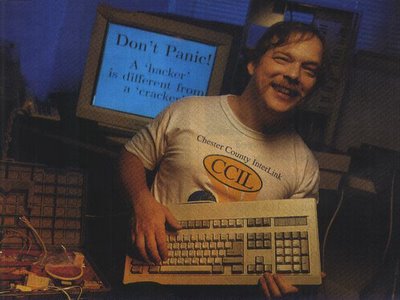Secrets of success in open source
This is the most technical post till date that I'm writing. For non-technical readers, I'd say that they still do skim through this quickly as some principles are quite generic.
I finally managed to read The Cathedral and The Bazaar, which is widely recognised as a must-read paper for open source aficionados. I thought it would be good for myself to make a list of the secrets / rules that Eric S Raymond lists through his paper. Then, I thought it would be good to make it on this blog for others' benefit too. [I guess the Open Publication License, version 2.0 that he uses allows me to proceed.] So, here goes the list of 19.....
- Every good work of software starts by scratching a developer's personal itch.
- Good programmers know what to write. Great ones know what to rewrite (and reuse).
- Plan to throw one away; you will, anyhow.
- If you have the right attitude, interesting problems will find you.
- When you lose interest in a program, your last duty to it is to hand it off to a competent successor.
- Treating your users as co-developers is your least-hassle route to rapid code improvement and effective debugging.
- Release early. Release often. And listen to your customers.
- Given a large enough beta-tester and co-developer base, almost every problem will be characterized quickly and the fix obvious to someone.
- Smart data structures and dumb code works a lot better than the other way around.
- If you treat your beta-testers as if they're your most valuable resource, they will respond by becoming your most valuable resource.
- The next best thing to having good ideas is recognizing good ideas from your users. Sometimes the latter is better.
- Often, the most striking and innovative solutions come from realizing that your concept of the problem was wrong.
- Perfection (in design) is achieved not when there is nothing more to add, but rather when there is nothing more to take away.
- Any tool should be useful in the expected way, but a truly great tool lends itself to uses you never expected.
- When writing gateway software of any kind, take pains to disturb the data stream as little as possible—and never throw away information unless the recipient forces you to!
- When your language is nowhere near Turing-complete, syntactic sugar can be your friend.
- A security system is only as secure as its secret. Beware of pseudo-secrets.
- To solve an interesting problem, start by finding a problem that is interesting to you.
- Provided the development coordinator has a communications medium at least as good as the Internet, and knows how to lead without coercion, many heads are inevitably better than one.





0 Comments:
Post a Comment
<< Home